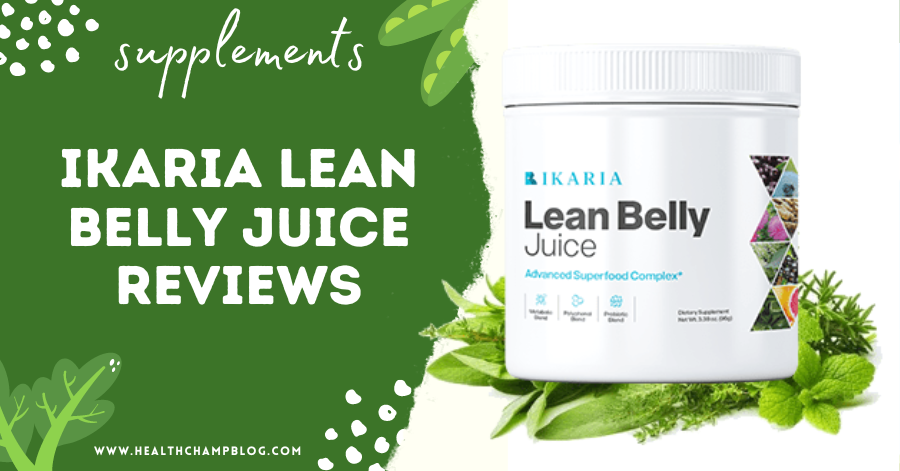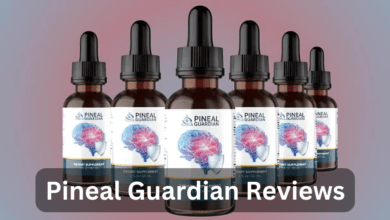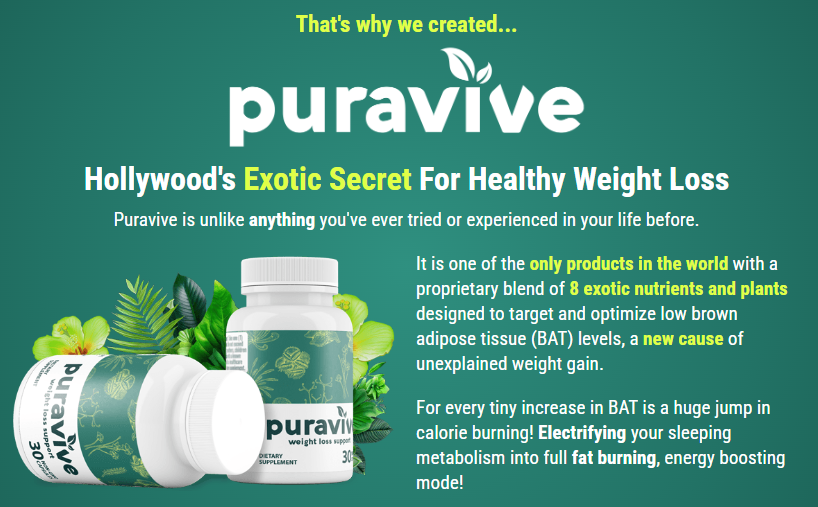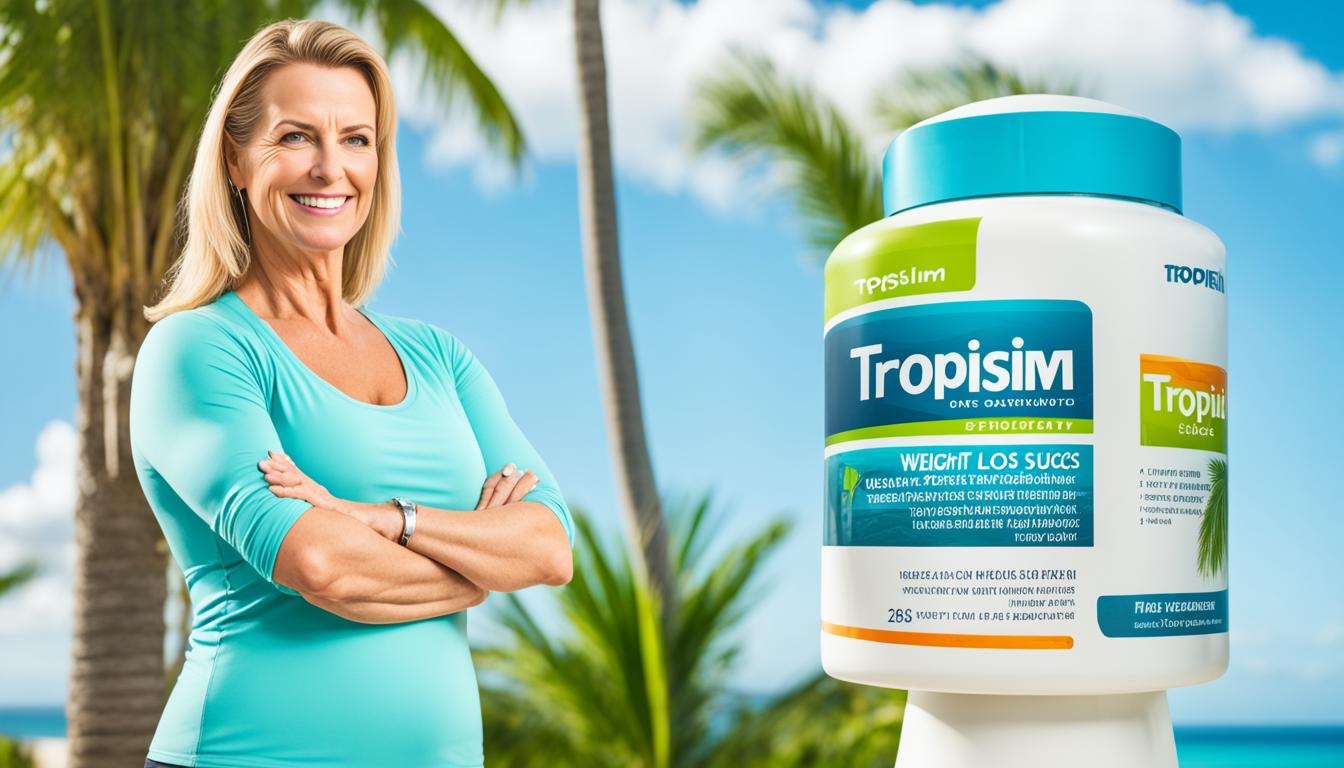What supplements lower cortisol Levels Naturally

Why is Cortisol Regulation Important for Overall Health?
Cortisol is a hormone produced by the adrenal glands that helps your body respond to stress. Although cortisol is necessary for proper bodily function, prolonged high levels can cause negative effects on your health and well-being. These effects include increased blood pressure, impaired cognitive function, weakened immune system, and mood changes. To maintain optimum health, it is crucial to manage cortisol levels through lifestyle changes and supplementation. One key supplement for cortisol management is cortisol management supplements, which are specifically designed to lower stress hormone levels. These supplements can help support healthy cortisol levels and promote overall well-being.
In this section, we will explore cortisol management supplements and their role in maintaining healthy cortisol levels for overall health. We will also discuss the importance of supplementing with naturally-derived ingredients, such as supplements to lower stress hormone, to regulate cortisol levels and mitigate the negative effects of prolonged stress.
How Can Supplements Help Lower Cortisol Levels?
Stress is an inevitable part of life, and cortisol is a hormone that increases when the body experiences stress. While it is a normal response, prolonged exposure to high levels of cortisol can lead to various health complications. Fortunately, several supplements can help regulate cortisol levels and support overall health and well-being.
Supplements that decrease cortisol levels typically fall under two categories: herbs and vitamins. Cortisol reducing herbs like ashwagandha and holy basil have been used for centuries in traditional medicine to promote relaxation and reduce stress. They work by regulating the body’s stress response system and promoting healthy cortisol levels. Similarly, vitamins to reduce cortisol like vitamin C, B5, and B6, have been shown to assist in cortisol regulation by reducing stress levels and supporting adrenal gland function.
These supplements can be taken individually or in combination to support healthy cortisol balance. For example, a combination of B vitamins and ashwagandha can be a powerful tool in reducing cortisol levels naturally. Ashwagandha is known for its relaxation-promoting effects, while B vitamins play an essential role in maintaining adrenal gland function, which is responsible for producing cortisol.
| Supplement | Benefits | Recommended Dosage |
|---|---|---|
| Ashwagandha | Reduces anxiety and stress levels, promotes relaxation | 600-1200 mg daily |
| Holy Basil | Reduces cortisol levels, promotes relaxation | 300-600 mg daily |
| Vitamin C | Reduces stress levels, supports adrenal gland function | 500-1000 mg daily |
| Vitamin B5 | Supports adrenal gland function, regulates cortisol | 500 mg daily |
| Vitamin B6 | Regulates cortisol production, reduces stress and anxiety levels | 100-200 mg daily |
Using supplements to lower cortisol naturally can be a safe and effective method to manage stress levels and support overall health. However, it is essential to choose high-quality supplements and consult with a healthcare provider before starting any new supplementation regimen to ensure optimal results and safety.
Essential Vitamins for Lowering Cortisol Levels
Reducing cortisol levels is vital for maintaining optimal health and well-being. Certain vitamins can be beneficial in controlling stress hormone levels and promoting a healthy cortisol balance.
Vitamin C: Acts as an antioxidant and helps reduce oxidative stress caused by cortisol. Regular intake of vitamin C has been shown to lower cortisol levels.
Vitamin B5: Also known as pantothenic acid, it assists in adrenal gland function and supports the production of stress hormones. Vitamin B5 supplementation can be useful for managing stress and lowering cortisol levels.
Vitamin B6: Plays an essential role in the synthesis of serotonin, which regulates mood and alleviates stress and anxiety. Vitamin B6 supplementation has demonstrated cortisol-lowering effects in numerous studies.
Vitamin D: Known as the “sunshine vitamin,” assists in numerous bodily processes, including the regulation of stress hormones. Vitamin D has been shown to decrease cortisol levels significantly.
These vitamins can be found in various food sources or taken as supplements to support healthy cortisol levels. The recommended daily dose varies by vitamin type and individual needs, so it is best to consult with a healthcare professional to determine the optimal dosage.

Cortisol regulation is vital for overall health and well-being, and these vitamins can provide natural support for cortisol reduction and stress management.
Natural Herbal Remedies to Lower Cortisol
When it comes to managing cortisol levels, herbal supplements can provide valuable support in naturally reducing stress hormone levels. Here are some herbal supplements for cortisol reduction:
Ashwagandha
Ashwagandha is an adaptogenic herb that can help regulate cortisol levels. Studies have shown that taking ashwagandha can reduce cortisol levels by up to 30%, making it an effective natural remedy for managing stress and anxiety. This herb is also known for its ability to boost energy levels, improve mental clarity, and promote overall well-being.
Rhodiola Rosea
Rhodiola Rosea is another adaptogenic herb that can help reduce cortisol levels and promote relaxation. This herb has been used for centuries to combat stress and improve mental function. Studies have shown that taking Rhodiola Rosea can improve physical performance, reduce mental fatigue, and lower cortisol levels in individuals experiencing chronic stress.
Holy Basil
Holy Basil, also known as tulsi, is a powerful herb that can help reduce cortisol levels and promote relaxation. Holy basil has been used in Ayurvedic medicine for centuries to support healthy stress responses and improve overall health. Studies have shown that taking holy basil can reduce cortisol levels and improve mental and emotional well-being.

When using herbal supplements for cortisol reduction, it is important to consult with a healthcare professional and follow recommended dosages. Additionally, individuals should be mindful of potential interactions with other medications and any potential side effects. Used properly, herbal supplements can be an effective natural remedy for managing cortisol and promoting overall well-being.
Complementary Strategies for Cortisol Reduction
Supplements can be a useful tool in lowering cortisol levels, but it’s also important to implement lifestyle changes to support overall well-being and stress reduction. Here are some natural remedies for cortisol reduction that can be used in conjunction with supplements:
- Exercise: Physical activity is a natural stress reliever and can help regulate cortisol levels. Aim for at least 30 minutes of exercise per day, whether it’s going for a walk, hitting the gym, or practicing yoga.
- Meditation: Mindfulness meditation is an effective technique for reducing stress and lowering cortisol levels. This can be done through apps or classes, or even by simply quieting your mind for a few minutes each day.
- Sleep: Getting enough restful sleep is crucial for regulating cortisol levels and promoting overall health. Aim for 7-8 hours of sleep per night, and establish a consistent sleep routine.
- Healthy diet: Eating a balanced diet rich in whole foods and low in processed sugars can support cortisol regulation and overall health. Incorporating stress-reducing foods such as dark chocolate, fatty fish, and leafy greens can also be beneficial.
- Stress management techniques: Incorporating stress-reducing activities such as journaling, spending time in nature, or engaging in a hobby can also support cortisol regulation and overall well-being.
By combining these natural remedies with supplements for cortisol reduction, individuals can effectively manage their stress hormone levels and support their overall health.
Considerations When Using Cortisol-Lowering Supplements
While supplements can be an effective way to lower cortisol levels, it’s essential to understand any potential interactions or precautions before incorporating them into your regimen. Individuals with underlying health conditions or taking prescription medications should speak with a healthcare provider before starting any new supplements. Additionally, it’s important to carefully follow dosing instructions and not exceed recommended levels, as this can lead to adverse effects.
Some supplements may interact with other medications or have possible side effects, such as stomach upset or headaches. For example, individuals taking blood thinners should avoid high-dose vitamin E supplements, as this can increase the risk of bleeding. Similarly, those with a history of depression should avoid taking St. John’s wort, as this herbal supplement can interfere with certain antidepressant medications.
When selecting supplements to lower cortisol, look for high-quality products from reputable brands. It’s also a good idea to start with a lower dose initially to gauge your body’s response before gradually increasing. Remember that cortisol reduction is not a substitute for any necessary medical treatment, and consulting a healthcare professional is always recommended.
Conclusion
In conclusion, managing cortisol levels is crucial for maintaining overall health and well-being. High cortisol levels can negatively impact various bodily functions and lead to health complications. However, using supplements and complementary strategies like exercise and stress management techniques can help regulate stress hormone levels effectively.
We’ve discussed various supplements, including vitamins and natural herbs like ashwagandha and rhodiola, that are known to reduce cortisol levels naturally. When using supplements, it’s essential to consider potential interactions and precautions, so it’s always best to consult with a healthcare professional for personalized advice.
To reduce cortisol levels effectively, individuals should also make lifestyle changes such as getting enough sleep, eating a healthy diet, and avoiding excess caffeine and alcohol consumption. By keeping cortisol levels in check, individuals can support their overall well-being and lead a more balanced and healthy life.
FAQ
Why is Cortisol Regulation Important for Overall Health?
Cortisol regulation is crucial for maintaining overall health and well-being. Cortisol, also known as the stress hormone, plays a significant role in our body’s stress response. It helps regulate blood pressure, immune function, glucose metabolism, and inflammation. However, chronically high cortisol levels can have detrimental effects on our health, leading to issues like weight gain, sleep problems, digestive problems, anxiety, and depression. Using cortisol management supplements and other strategies can help maintain a healthy cortisol balance, supporting optimal health.
How Can Supplements Help Lower Cortisol Levels?
Supplements can help lower cortisol levels by providing essential nutrients that support the body’s stress response and cortisol regulation. Certain supplements contain natural compounds that have been shown to have cortisol-lowering effects. For example, adaptogenic herbs like ashwagandha and rhodiola rosea can help the body adapt to stress and reduce cortisol levels. Other supplements like omega-3 fatty acids, vitamin C, and B complex vitamins also play a role in cortisol regulation. By incorporating these supplements into a well-rounded approach to stress management, individuals can effectively lower cortisol levels.
What Essential Vitamins can Help Lower Cortisol Levels?
There are several essential vitamins that can help lower cortisol levels. Vitamin C is a powerful antioxidant that helps support the immune system and reduce oxidative stress, which can indirectly help lower cortisol. Vitamin B complex vitamins, including B6, B9 (folate), and B12, are involved in the production of neurotransmitters that regulate mood and can help modulate stress and cortisol levels. Additionally, vitamin D is needed for proper immune function and can indirectly affect cortisol levels. It’s important to consult with a healthcare professional to determine the appropriate dosage and sources of these vitamins for cortisol reduction.
What Natural Herbal Remedies can Lower Cortisol?
Several herbal supplements can effectively lower cortisol levels. Adaptogenic herbs like ashwagandha, rhodiola rosea, and holy basil have been traditionally used to support the body’s stress response and balance cortisol levels. These herbs have been shown to help the body adapt to stress, reduce anxiety, and promote calmness. Other herbs like chamomile, lavender, and lemon balm have calming properties and can help reduce cortisol levels. It’s important to follow dosage guidelines and consult with a healthcare professional, especially if you have underlying health conditions or are taking medications.
What Complementary Strategies can Aid in Cortisol Reduction?
In addition to supplements, various lifestyle changes and complementary strategies can aid in cortisol reduction. Regular exercise, such as aerobic activities and strength training, has been shown to lower cortisol levels and improve mood. Mindfulness practices like meditation, deep breathing exercises, and yoga can help reduce stress and promote relaxation, leading to lower cortisol levels. Additionally, stress management techniques like setting boundaries, engaging in hobbies, and getting enough quality sleep can support overall well-being and cortisol regulation.
What Considerations Should I Keep in Mind When Using Cortisol-Lowering Supplements?
When using cortisol-lowering supplements, it’s essential to consider potential interactions and precautions. Some supplements may interact with certain medications or have side effects. It’s important to consult with a healthcare professional before starting any supplementation regimen, especially if you have underlying health conditions or are taking medications. They can provide personalized advice, recommend appropriate dosages, and ensure choices align with your individual needs. Additionally, it’s crucial to use supplements as part of a holistic approach to stress management, including a healthy lifestyle and stress reduction techniques.




